Health and safety in Asia podcast: Is it safe to travel in Asia?
Is it safe to travel in Asia? It sure is! But there are always risks when you step out your front door. We give you the low-down on the best health and safety advice for travel in Asia.
To listen, hit play below or find episode 223 in iTunes, Stitcher or Soundcloud:
Health
See a travel doctor before you go
Always see a travel doctor before you head away. Check you have the right vaccinations, and that you understand the symptoms of dangerous diseases that are current in your destinations.
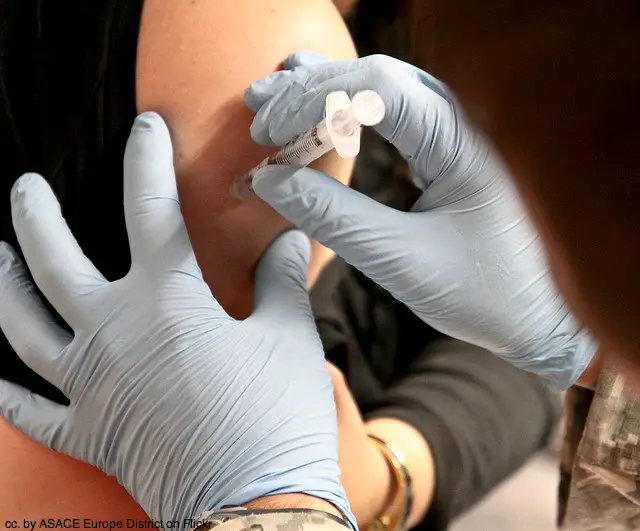
They’ll also be able to tell you about the legality and availability of your normal prescriptions and other medical needs.
This stuff is changing all the time: new diseases pop up, or new strains of old diseases. A specialist travel doctor will be plugged into this data and be able to give you up-to-date advice.
Local doctors will, of course, have more current information that those that don’t often travel to that region. It can be hard to contact them in advance, but definitely heed their advice too.
Keep bug free
There are truly spectacular forests, farmland and waterways to explore, right throughout the continent, but there’s always a high concentration of bugs around too!
Amongst other diseases, mosquitos carry malaria — at present they’re mainly non-fatal strains, but they’re still pretty aggressive. You should certainly discuss the malaria risk levels with your travel doctor. Help avoid getting 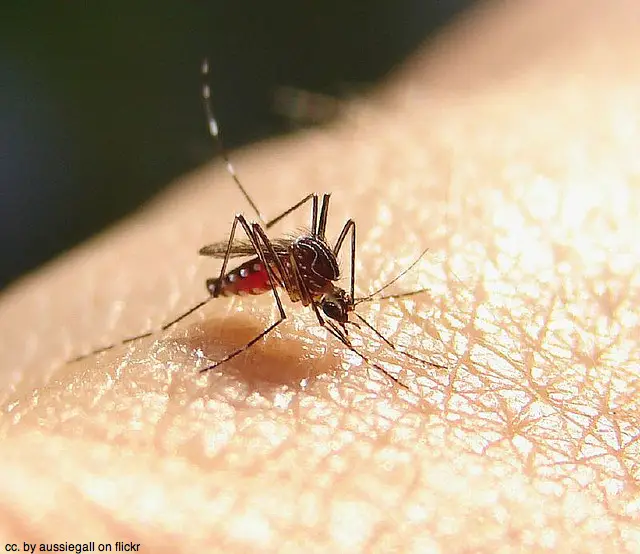 bitten by:
bitten by:
- Cover up your arms a legs with long sleeves.
- Using a DEET-based insect repellent.
- Using mosquito nets when stationary.
- Consider carrying a plug-in bug repellant.
- Consider investing in mosquito-repellant clothing.
We’ve often found holes in the mosquito nets in places we’ve stayed. Sew or pin these back together or use sticking plasters or electrical tape to close the gaps.
There are often extra bugs around during and after Monsoon season (months). Be extra cautious then.
Food and drink

It’s always best to eat local! And in Asia that means plenty of rice and noodles as your carbohydrates and proteins from whatever local sources are available.
If everyone around you is downing pho, avoid ordering the rare steak and chips. Unless you have an experienced chef, they’re not likely to prepare foreign food properly. The same guidelines apply in mainly vegetarian countries: enjoy the veges and save the steak for premier restaurants.
In some regions, tap water may contain contagious diseases. If in doubt, treat water by boiling, filtering or using a chemical purification technique. We carry an Ecousable bottle with us, which helps a lot. It doesn’t get rid of the taste of bad water though!
Ice can also contain these bugs, if the ice is made from tap water. Always check the ice you are drinking or using is made from filtered water — preferably from a commercial distributor.
Locally produced spirits are a boon to budget travellers and those looking to cut loose can do little better than a bucket of Thailand’s finest. But every year people die from over-indulging in these, or running into a bad batch. If it doesn’t seem right, send it back.
Safety
Terrorist threats
Let’s get this one out of the way first! The chance of encountering a terrorist attack on your travels in minimal. Pretty much insignificant. Never let the fear of terrorist attacks stop you from travelling.
A safety advisory from your government should give you an overall idea of risk, and you can get an inexpensive personalised report from a travel security company if you feel the need.
Riots and political unrest
If there is significant political unrest in your destination, consider postponing the trip. Details from advisors and travellers on the ground can help you decide if that’s necessary.
If trouble is brewing, consider leaving the area. Your embassy or an international organisation may be able to help with evacuation if things are really serious.
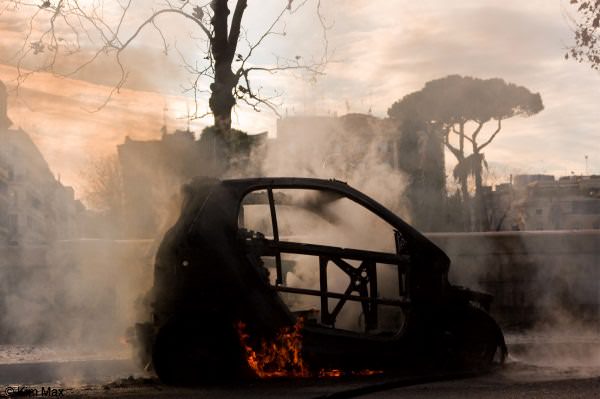
Stay away from riots: either stay in your hotel room (make sure you have sufficient water and snacks) or ensure you’re staying away from hotspots. As a traveller, it’s not your fight — and the army or anti-riot troops are unlikely to be able to distinguish you from rioters.
If you’re caught on the street as a riot comes past, seek shelter in a store or private residence.
Border crossings, petty theft and scams
There are hundreds of potential scams, bribes and cons that surround border crossings in Asia, especially the more isolated land borders.
You can read up on border scams, cons and other issues here.
To listen to this episode, hit play above or check in iTunes, Stitcher or Soundcloud.

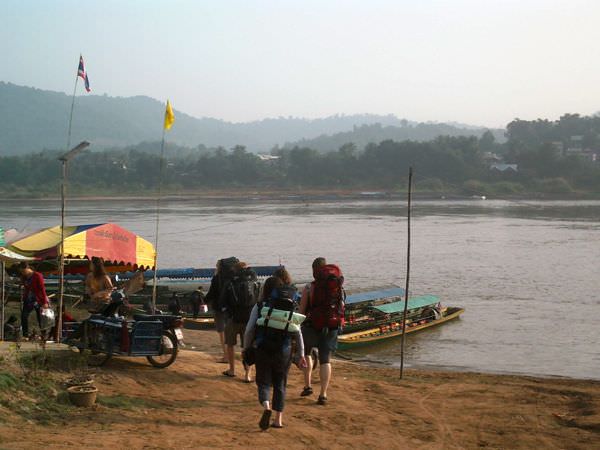
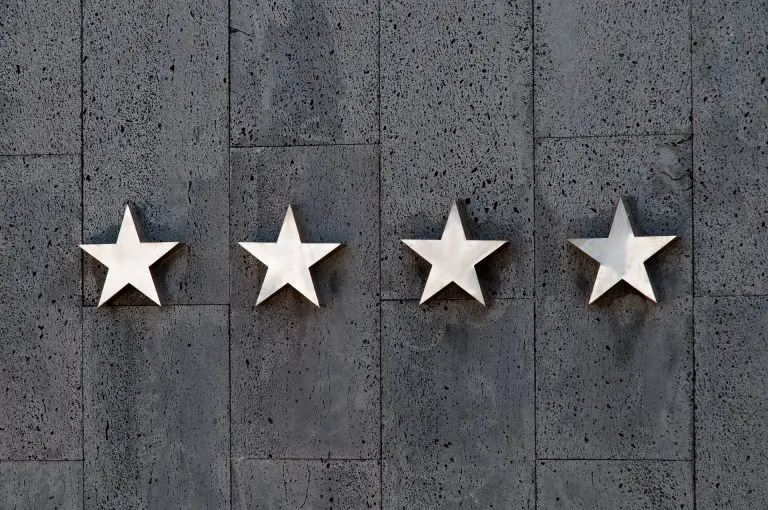
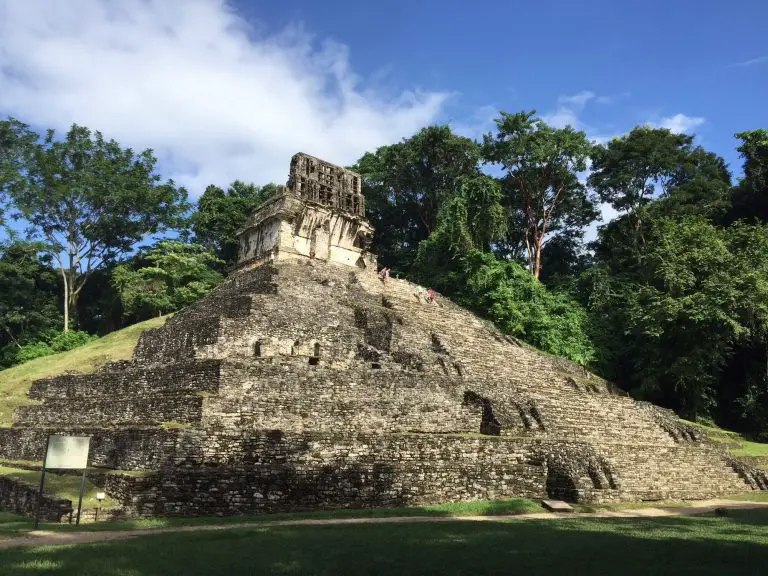

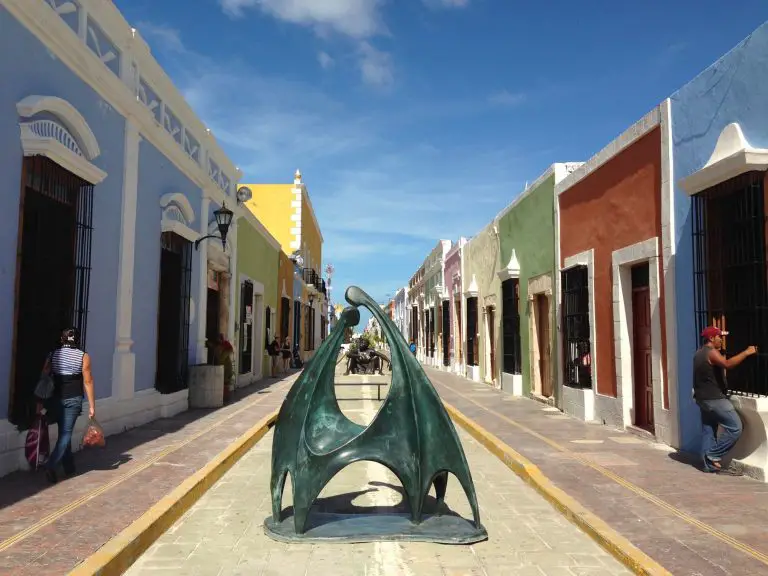
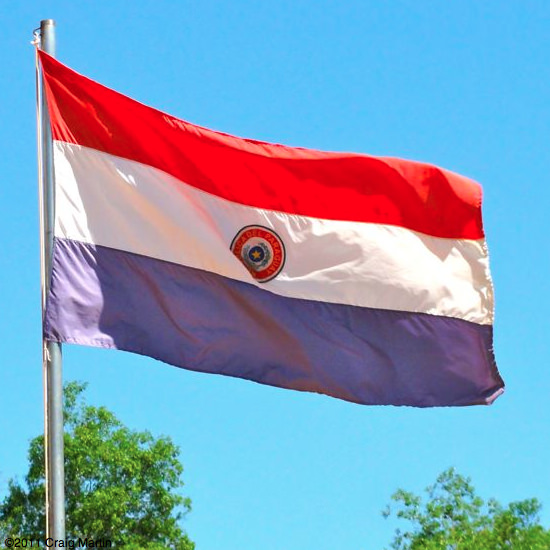
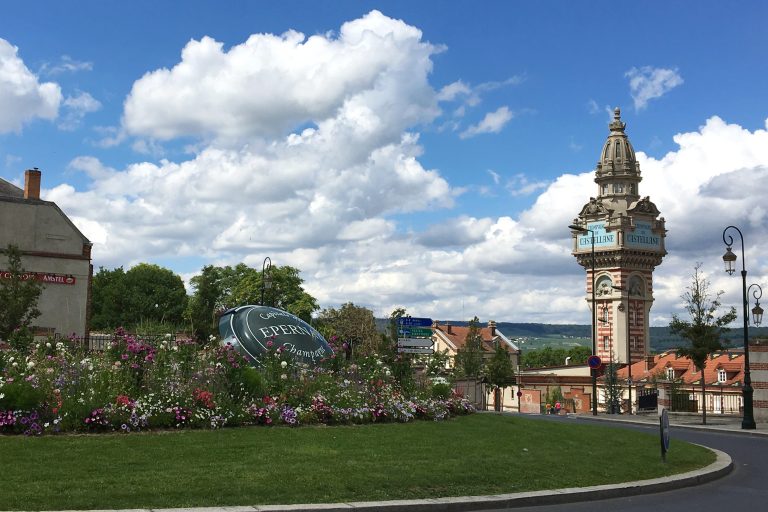
We just came back from four weeks in SE Asia – three of those in Borneo. The only vaccinations we bothered with were Hep A because we weren’t going anywhere that malaria had been reported. Hep A is transferred through food, so it only takes someone with Hep A and unhygienic food practices to transmit it. Most else is within our control – water, hand sanitizer etc. None of us got sick except from the common cold/flu that we picked up, so it is worth considering the flu vaccine. It doesn’t sound like a great time to be a foreigner in the Philippines though…
Hi John, those colds can be a real pain, eh?! I’m looking forward to the cure. Did your doctor recommend any other vaccinations, or just Hep A?
Yes it wasn’t just sniffles, it was gross chesty cough stuff that really laid us low. The kids threw up a couple of times due to the amount of muck in their stomachs.
http://downunder2borneo.wordpress.com/2011/12/20/mt-kinabalu-home-stay/
The doc basically punched in our destination and printed out the list pertaining to the destination. It is pretty over the top, so we just looked down the list and applied some commonsense and discussed it with him. The Hep A were pretty expensive so budget considerations were applied as well…
Glad you all came through that! I’ve found having a look at the WHO website before heading to the doctor is useful; but since we’re pretty much all over the place once we hit a destination, we tend to take as many of the jabs as we can afford at any time.
Good advice! I’ve been an expat in the Philippines for 12 years. I strongly recommend that wherever you are traveling, research the peace and order situation. And, drink bottled water!
Ah, the water situation can vary so much! Bottling and shipping water seems like such a destructive practice to me, so we try and research the drinkability of local water as well. Sometimes it’s completely fine! Sometimes…